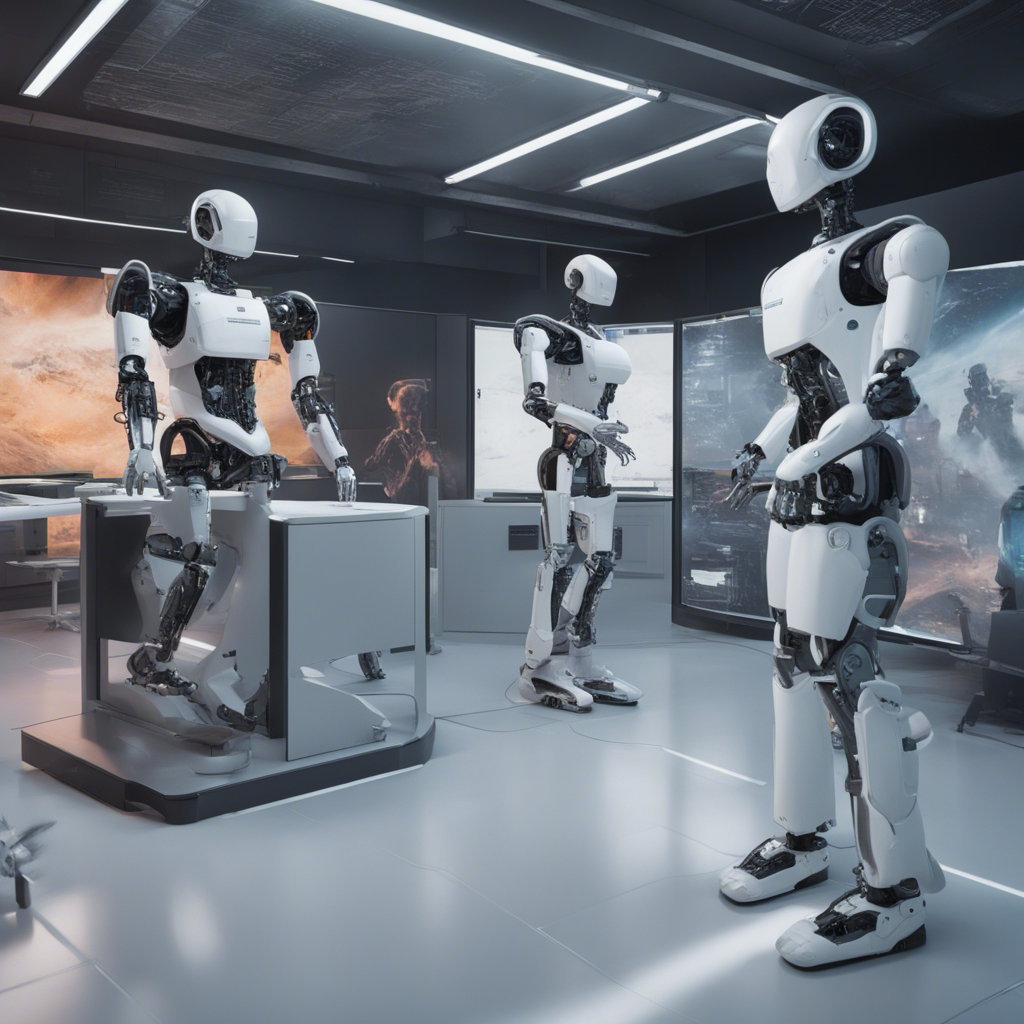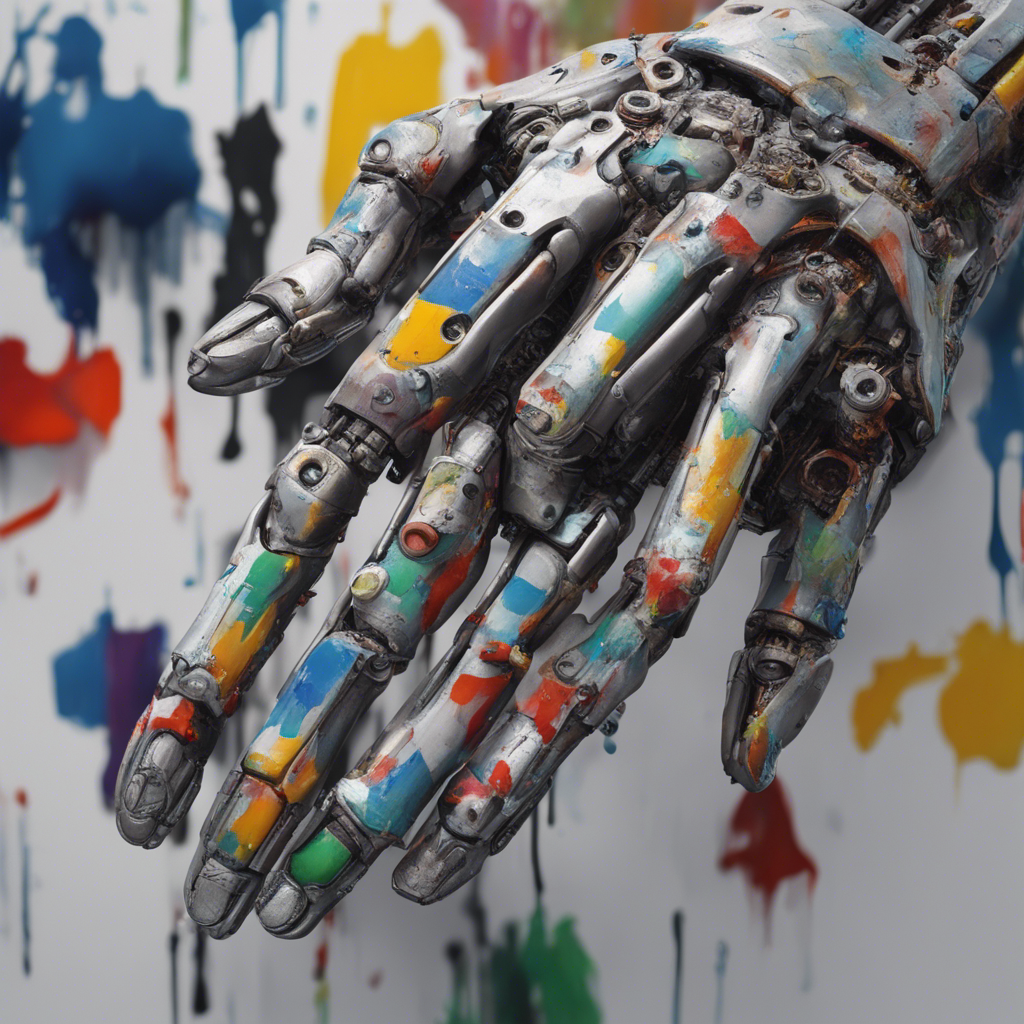
The Future of AI: Prospects and Challenges
Artificial Intelligence (AI) has already begun to revolutionize various industries, and its potential to transform our daily lives is truly remarkable. As AI technology continues to advance at an unprecedented rate, it is crucial to understand the prospects and challenges that lie ahead. In this comprehensive blog post, we will explore various aspects of the future of AI, including its potential applications, benefits, and the ethical concerns surrounding its development.
AI Applications and Prospects
AI has the potential to significantly impact different sectors, including healthcare, finance, transportation, and manufacturing. Let’s delve into the prospects of AI in each of these areas:
Healthcare
In the field of healthcare, AI can revolutionize diagnostics, patient care, and drug discovery. Advanced machine learning algorithms enable AI systems to analyze vast amounts of medical data, identify patterns, and provide accurate diagnoses. This has the potential to improve treatment outcomes and minimize medical errors. Additionally, AI-powered robots and virtual assistants can aid in patient monitoring and improve the overall efficiency of healthcare delivery.
Finance
AI technologies, such as predictive analytics and algorithmic trading, have already transformed the financial industry. These tools enable financial institutions to analyze vast amounts of data in real-time, detect patterns, and make informed decisions. AI-powered chatbots are also being used to provide personalized customer service and streamline financial transactions. With the advancements in AI, fraud detection algorithms have become more accurate, providing enhanced security measures.
Transportation
Self-driving cars are one of the most anticipated prospects of AI in the transportation sector. AI algorithms, combined with sensors and cameras, enable vehicles to navigate roads autonomously, potentially reducing accidents caused by human error and improving traffic flow. Furthermore, AI-powered transportation systems can optimize routes, reduce fuel consumption, and enhance efficiency in logistics and supply chain management.
Manufacturing
AI is reshaping the manufacturing industry by enabling predictive maintenance, optimizing production processes, and enhancing quality control. Machine learning algorithms analyze data from sensors to predict equipment failures and schedule maintenance proactively, reducing downtime and optimizing productivity. AI-powered robots and automation systems are also replacing manual labor in repetitive tasks, improving efficiency and reducing errors.
The Benefits of AI
Aside from the prospects mentioned above, AI offers numerous benefits that can positively impact society as a whole. Some key benefits of AI include:
- Increased productivity and efficiency
- Improved decision-making processes through data-driven insights
- Enhanced personalization and customization in various industries
- Automation of repetitive tasks, freeing individuals for more creative endeavors
- Advancements in healthcare leading to improved diagnostics and personalized treatments
- Better resource allocation and optimization in various sectors
- Emergence of new job opportunities in AI-related fields
These benefits, however, must be balanced with addressing the challenges and ethical concerns surrounding AI technology.
Challenges and Ethical Concerns
While AI presents significant prospects, it also brings forth numerous challenges and ethical considerations that need to be addressed. Some of these challenges include:
Bias and Discrimination
AI systems are only as unbiased as the data they are trained on. If algorithms are trained on biased or incomplete datasets, they can perpetuate and amplify existing inequalities and discrimination. It is crucial to ensure that AI models are trained on diverse and representative datasets to mitigate potential biases.
Data Privacy and Security
As AI systems rely on vast amounts of data to learn and make decisions, data privacy and security become paramount. Protecting sensitive information and preventing unauthorized access to AI systems is crucial to maintaining public trust. Strong data protection measures and robust cybersecurity practices need to be implemented.
Job Displacement and Workforce Transition
As AI automates repetitive tasks, there is a concern that it could lead to job displacement in certain industries. While AI creates new job opportunities, there may be a need for workforce transition and upskilling to ensure individuals can adapt to the changing job landscape. It is essential for governments, organizations, and educational institutions to invest in reskilling and upskilling programs.
Ethical Decision-making and Accountability
AI systems can make autonomous decisions based on the data they are trained on. Ensuring ethical decision-making by AI systems and establishing accountability for their actions is critical. Developing frameworks for AI governance and regulation will help address ethical concerns, such as transparency, accountability, and the potential abuse of AI technologies.
Conclusion
The future of AI looks promising, with its potential to revolutionize various industries and improve our daily lives. However, it is crucial to address the challenges and ethical concerns associated with AI development. By prioritizing unbiased training data, protecting data privacy and security, ensuring a smooth workforce transition, and establishing ethical frameworks, we can leverage the benefits of AI while mitigating the potential risks. The journey towards an AI-powered future requires careful and responsible planning, but the rewards are bound to be significant.
References:
- McKinsey Global Institute. (2017). Artificial intelligence: The next digital frontier?
- Ma, B., & Fu, S. (2017). Opportunities and Challenges of Deep Learning Methods for Hyperspectral Image Classification: A Review.
- World Economic Forum. (2021). The Future of Jobs Report.






